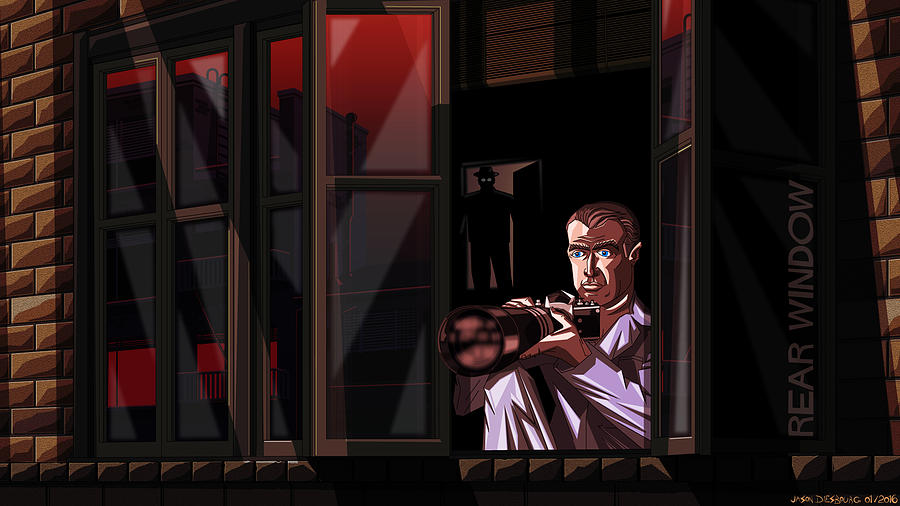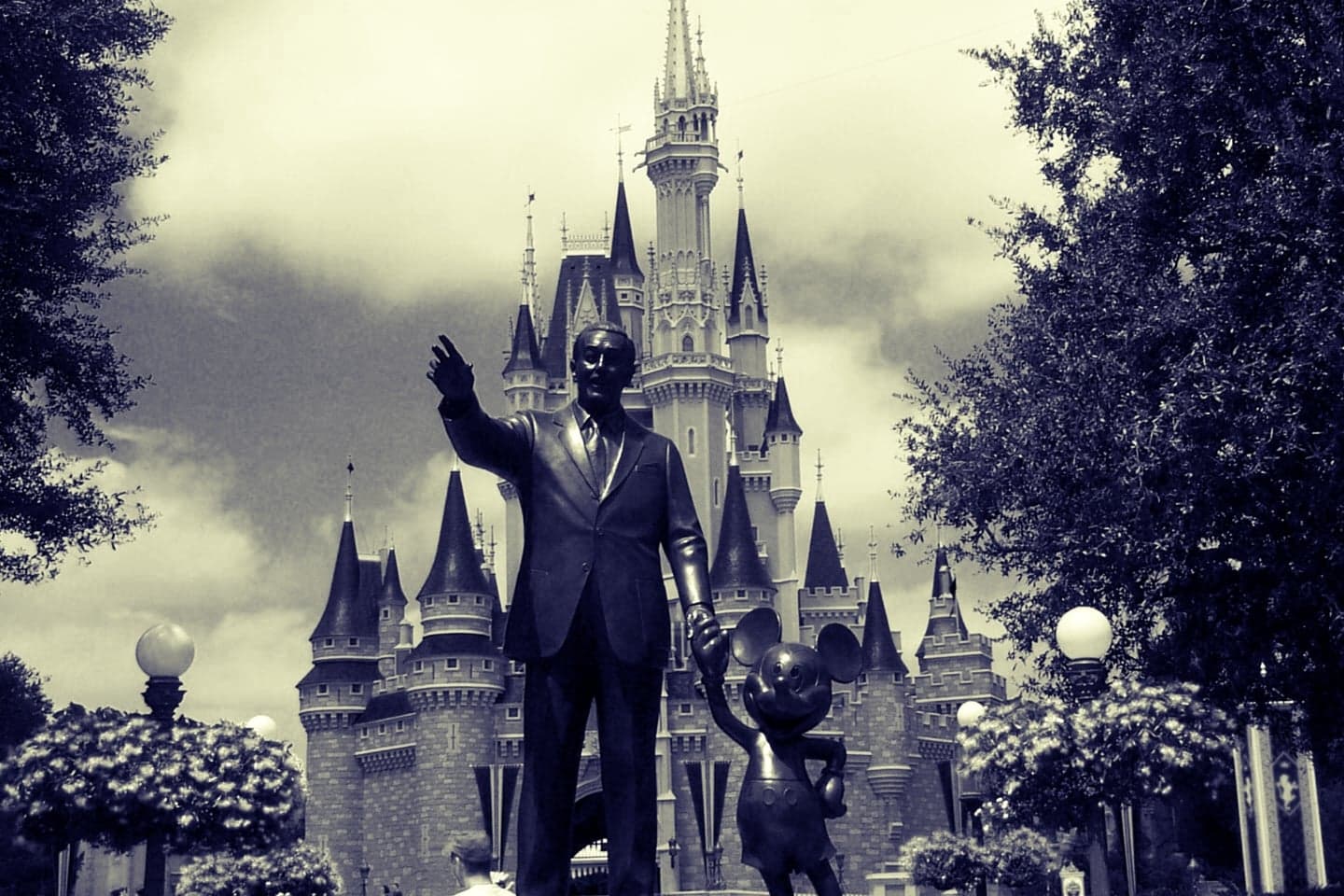Submitted to a nation of stir-crazy people confined to their homes I give you Rear Window, a story of a stir-crazy man, also confined to his home. This guy is crabby, he’s bored, and he’s sick of being in his apartment until one of his neighbors inadvertently provides him with something to do--solve a murder! Is this simply a straight-forward suspense story? A cautionary tale of men versus women, the old school versus modernity? Nearly anything goes in terms of defining what it all means, but if anything positive is to come from our own sheltering at home it should be for all of us stir-crazies to unite in our love of film (and voyeurism). Let’s dig in.
Alfred Hitchcock’s films are a dream to review and discuss because like many auteur directors whose work carries a collection of recognizable properties (almost like a personal seal or thumbprint), Hitchcock puts a ton of interesting elements into every film he does. For example the slowness of the moving camera commonly conveys suspense, the classic composition of shots can portray power or vulnerability, and all the little items that inhabit the setting (in this case, camera lenses, cigarettes, jewelry, and saws) together with the way these items are used go a long way in showing, not telling, some of the important things we need to know about the characters. L.B. Jefferies (James Stewart) is a photographer confined to his apartment having been severely injured at a photo shoot.
His days are scattered with visits from the insurance-appointed nurse, Stella (Thelma Ritter) and his love interest, Lisa (Grace Kelly), but Jefferies seems to be preoccupied with the goings-on of the apartment dwellers across the courtyard, fully on display through open windows. Notable tenants include Ms. Torso, a young, pliable ballerina, Ms. Lonely-Heart, a heavy drinker who imagines interactions with beaus, a party-throwing songwriter and pianist, and the Thorwalds, a man who lives with his wife, also confined to her room. Jeffries becomes suspicious when Mrs. Thorwald suddenly disappears, and after noticing several occasions of strange behavior from Mr. Thorwald, Jefferies decides the man must have murdered his wife. Technically speaking, this film is easily an aesthetic masterpiece. A soundstage this massive (three separate apartment dwellings, courtyard, background street, and distant restaurant) is impressive on its own, but the filmmaking techniques, color, and music are all pleasantly memorable. The camera, which serves largely to stretch out scenes or reveal things slowly, is quick and sudden when it needs to be, usually in moments of fear, danger, or measuring Jeffries’ reactions to fear and danger.
Lighting has a huge effect on the story: whose windows are illuminated, how shadows protect or hide Jefferies as he spies, or where Thorwald is and whether or not he’s watching as betrayed by the glow of his cigarette. Color explodes in the summer environment through the flower bed, the choices in paint inside the apartments, and the outfits of the female characters. The musical choices and sound design amplify the interconnectedness of the neighbors through an ongoing accompaniment of piano (courtesy of the musician), vocal scales, folk fiddle, and whistling while also giving way at crucial moments to more sinister elements such as breaking glass, a thunderstorm, and a woman’s scream.
So how does it all come together and what’s being said under the surface events of the story? Questions of impotence and inferiority have been raised (why does Jefferies keep rejecting Lisa, physically?) as well as the play between more traditionally-valued Stella and Detective Doyle who have a stated aversion to psychology versus Jefferies and Lisa, who take a more modern approach to thinking things out and analyzing their feelings. Jefferies speaks at length on what he considers to be barriers to a future marriage with Lisa that really only amount to differences in class and personal interests, but seems to put all his concerns to rest once Lisa begins to take his side in questioning Mrs. Thorwald’s disappearance.
The issue of voyeurism is not exactly subtle in this story; in a precursor to Ira Levin’s Silver as well as reality television proper Rear Window is about a man peeping in on others’ lives. How do we feel about this, and how does it translate to the things we watch today? At a bit of a reach yet still worth mentioning-- Jefferies' perception and treatment of Lisa changes pretty significantly once she leaves his apartment and becomes a player in the events across the courtyard, after she becomes someone to be watched. In school, one of my professors from the West Bank (photography and art history department) preferred to keep discussions on film contained to the narrative and technical arenas, whereas several others on the East Bank (comparative literature and film theory) lived for the discussions of the underlying themes and what it all meant in the scheme of the universe.
This film was a top pick for both camps, but for decidedly different reasons. What are your thoughts? What bank are you on, and why?
By Anna Purrington








